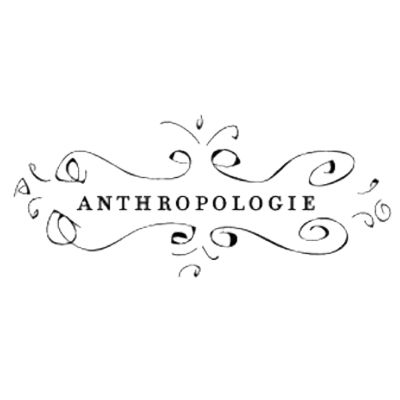
Linguistic Anthropology:
Linguistic anthropology explores how language and culture influence each other. It studies how language affects thought, how it is used to pass down knowledge, and how it evolves over time. This field highlights language as a key element in shaping cultural identity and expressing cultural values.
- المعلم: Mustapha Tiliouine

Human Evolution and Language & Culture:
1. Human Evolution:
Human evolution refers to the gradual development of humans from early hominids to modern Homo sapiens, driven by natural selection and genetic variation. Evidence for this process comes from fossils, DNA studies, and anatomical comparisons. Understanding human evolution helps explain human biology and behavior and our place in nature.
2. Language and Culture:
Language and culture are closely linked—language influences how we think and perceive the world, while culture shapes how language is used and evolves. Language reflects a society’s values and beliefs. This dynamic relationship means that language can both shape and be shaped by culture.
- المعلم: Mustapha Tiliouine

Archaeology is the study of human history through the excavation and analysis of material remains. Archaeologists uncover sites, examine artifacts, and recreate past societies. This field helps us understand human development, cultural changes, and how people interacted with their environments. Key methods used include stratigraphic excavation, remote sensing, radiocarbon dating, and dendrochronology.
- المعلم: Mustapha Tiliouine
